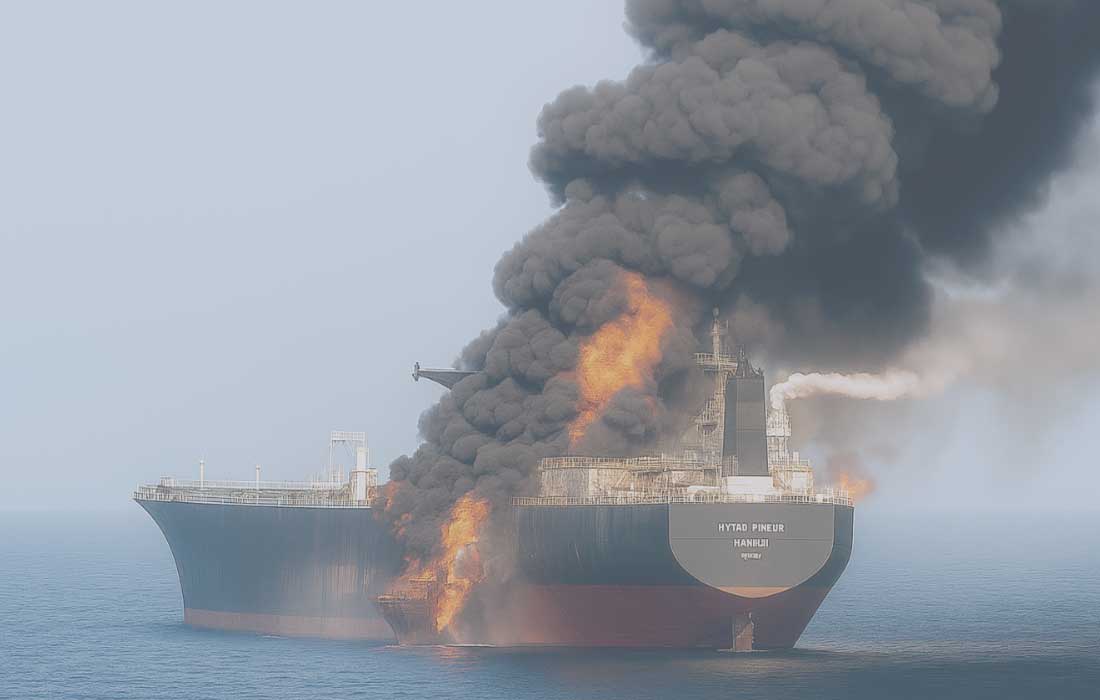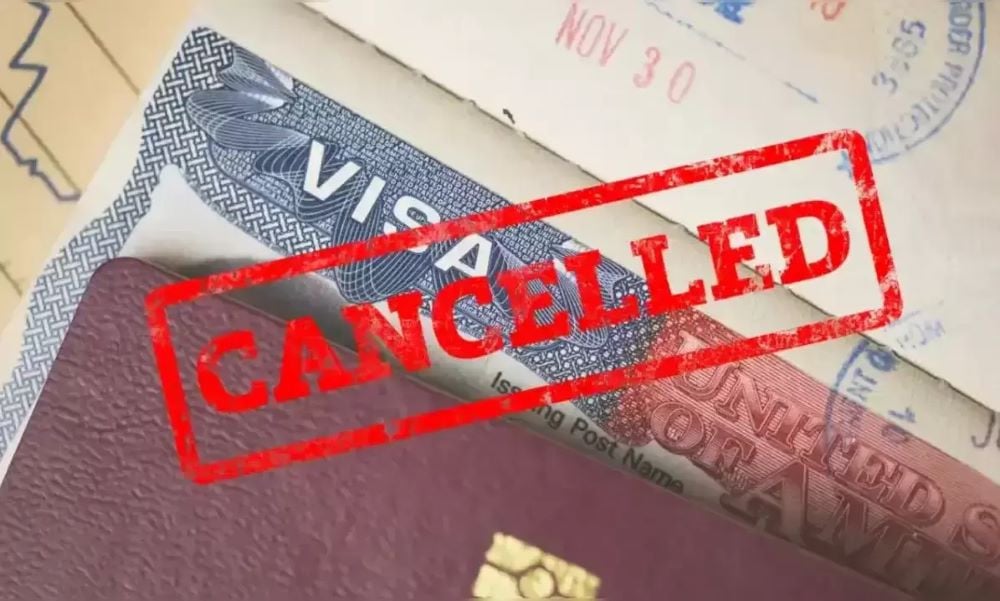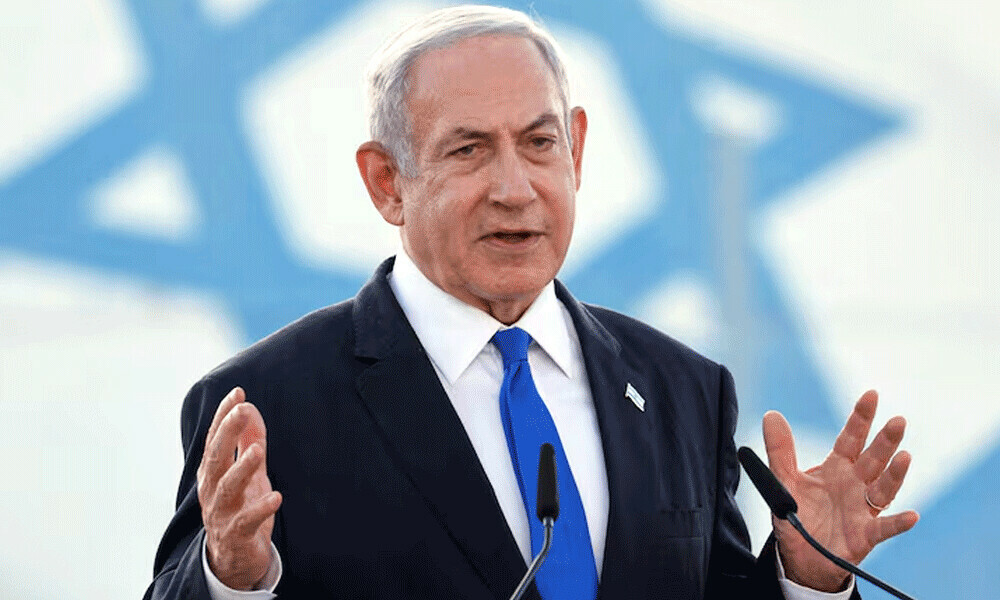WORLD NEWS

Gulf of Oman / UAE – Environmental alarm bells are ringing following a collision between two oil tankers in the Gulf of Oman, near the Khor Fakkan coast of the United Arab Emirates. While all 24 crew members aboard the Adalynn were rescued by the Emirati coastguard, experts are warning of a looming ecological disaster.
According to Greenpeace Middle East and North Africa (MENA), satellite imagery shows a “large plume of oil stretching up to 1,500 hectares” from the collision site. The incident involved the Adalynn, suspected of being part of Russia’s so-called “shadow fleet”—a group of ageing oil tankers operating under lax safety protocols to evade international sanctions.
Greenpeace claims the Adalynn may have been illegally carrying up to 70,000 tonnes of crude oil, despite being officially listed as sailing without cargo (in ballast condition). The second ship involved, the Front Eagle, is owned by Norwegian company Frontline.
Ministry Confirms Fire & Minor Spill
On Wednesday, the UAE Ministry of Energy and Infrastructure attributed the collision to “navigational misjudgment”, resulting in surface damage, a minor oil spill, and a fuel tank fire that was quickly extinguished. However, Greenpeace urged swift action to contain the damage and conduct a full environmental assessment.
“Oil spills endanger marine life, disrupt delicate ecological balances and possibly the entire food web,” said Farah Al Hattab of Greenpeace. “This is a wake-up call for stricter international shipping regulations.”
Strategic Location Raises Global Concerns
The incident occurred near the Strait of Hormuz, one of the world’s most critical maritime chokepoints, through which nearly 20% of global oil trade passes. Any environmental fallout or maritime disruption in this area carries significant geopolitical and economic implications.
Security analysts note that the use of outdated Russian-linked vessels to bypass oil sanctions introduces further risk in busy waterways, especially when basic safety and inspection protocols are ignored.
What’s Next?
Environmental groups are calling for an independent investigation and immediate containment measures to prevent long-term marine damage in the ecologically sensitive waters of the Gulf.
The UAE government has not yet issued a detailed ecological impact report, but is reportedly coordinating with maritime safety and oil spill response teams.
As environmental and political tensions mount, this collision underscores the risks of under-regulated global shipping networks in fragile maritime zones.




